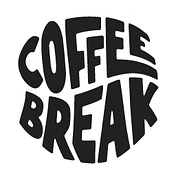
Coffee Break Newsletter
A weekly pause for new (and tired) operations managers — practical advice, fresh perspective, and a dose of calm to help you handle the job.

A weekly pause for new (and tired) operations managers — practical advice, fresh perspective, and a dose of calm to help you handle the job.